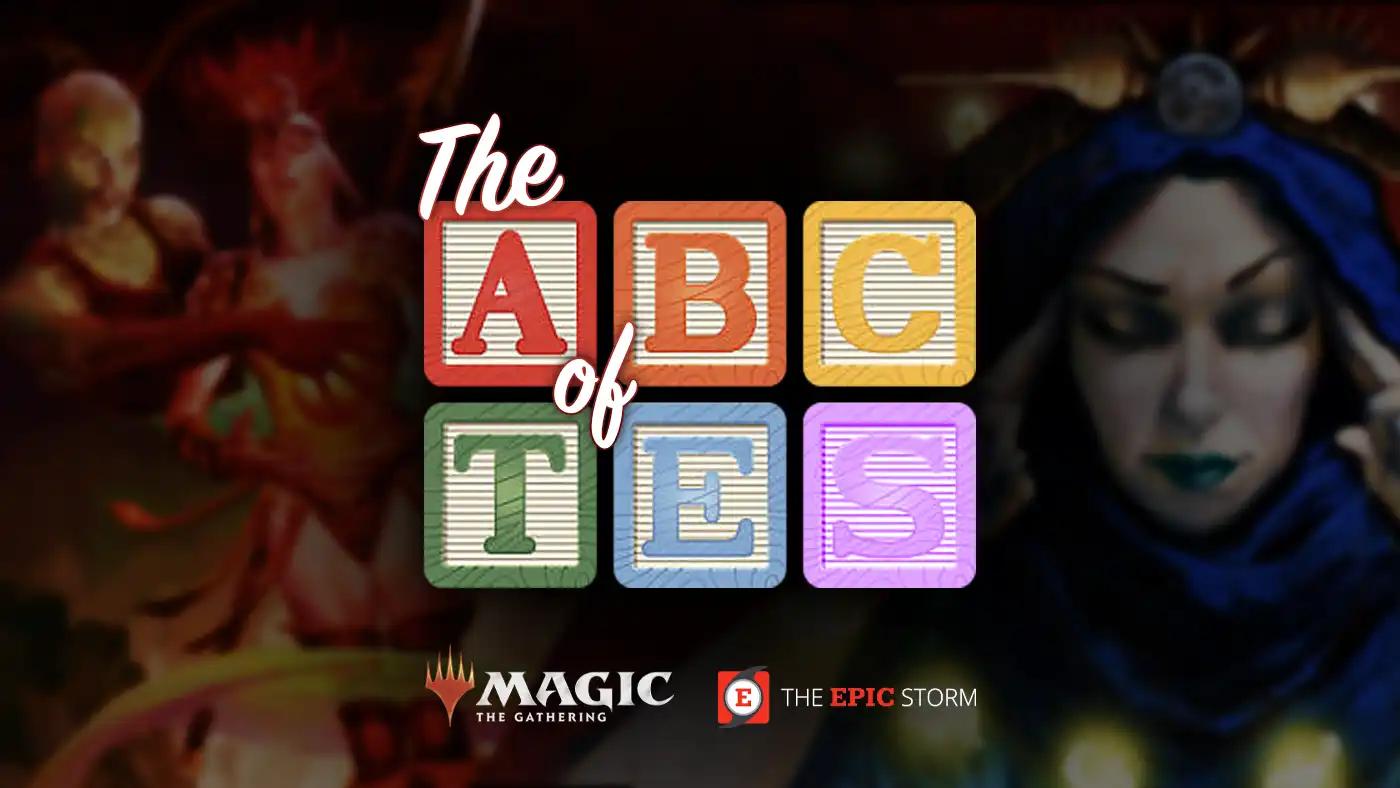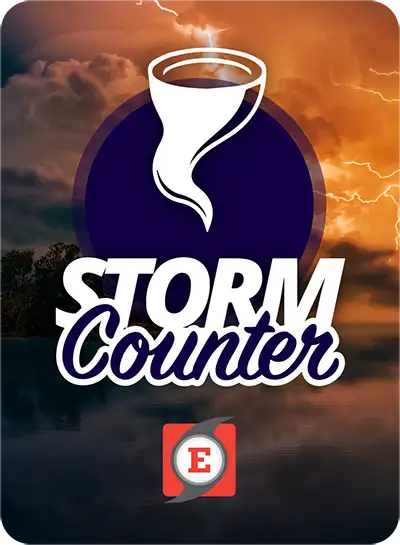One of the most important skills in Magic is figuring out what one’s opponent has in hand. For The EPIC Storm, most games are played in the hand rather than the battlefield. Knowing what the opponent can have in their deck and what that means about there hand is often the difference between winning and losing.
Warping the Game
The EPIC Storm warps the game in a way so that very few cards matter. This is part of the appeal of playing Storm; removal spells and lots of creatures cease to matter. Reducing the game to just being about counter spells, some prisons pieces, and effects like [[Force of Vigor]] makes it much easier to play around cards because the set of possible cards that an opponent would keep is much smaller than when they are playing against other decks. Guessing what the opponent has is made even easier by the small time scale of the game. Opponents must present answers and start a clock to force the Storm player to win the game if they want to succeed.
Understanding this is important because most good opponents will understand it. This gives a relatively defined set of plays that are “good” and “bad” in a matchup. Over time, as both sides of a matchup improve, those sets of plays will shift as both players have a deeper understanding. This means if one gives an opponent an opportunity to make an expected exchange and they do not make that play, it means that they are unlikely to have the card. For example, against UR Delver, if one casts [[Brainstorm]] into an open red mana and it does not get countered, it likely means that they do not have a [[Pyroblast]] in hand as there are so few blue spells to interact with. They should just interact with the first blue spell they get an opportunity to counter. With the information that the opponent likely does not have the [[Pyroblast]], [[Echo of Eons]] becomes a safer line because the opponent will only have [[Force of Will]] and [[Daze]] to interact with it.
Reading non-blue decks
The timescale of a game against a non-blue deck is much shorter than against a blue deck. They do not get the option to cantrip for the cards that matter. This means that they likely kept the cards in their opening hand because drawing those cards is not a good plan for them. The non-blue deck does not get a lot of draw steps to find their interaction, which is the primary flaw for not mulliganing to it. Because of the small set of hand the non-blue player is allowed to keep, this allows them to be read more easily.
Reading a non-blue player is all about their first two turns. They kept their hand for a reason, and as the Storm player, the goal is to figure out that reason and then beat them anyway. If they play a lock piece early, that is likely the reason they kept their hand. If they only present a fast threat, that likely means they have something like a [[Mindbreak Trap]] or a [[Force of Vigor]]. Most non-blue opponents will look to only put the prison piece into play. If they do not have one, that should put one on alert to them having something else.
Reading Combo Decks
Combo mirrors are some of the scariest because each player can seemingly win out of nowhere. If one is used to reading their opponent and the match up, the “nowhere” becomes more clear. Most combo decks are gated by either mana to accomplish their combo or having the combo pieces. The two most important questions in a combo mirror are “Am I losing the game on their next turn?” and “Why did they not win on their previous turn?”. These questions do inform each other most of the time.
For a case study, [[Doomsday]] ends the game when they have and a [[Doomsday]] in their hand. This is normally achieved on turn two or turn three. If a [[Doomsday]] player does not cast a [[Doomsday]] on one of those turns, they are missing one of the parts of their combo. This informs how much time the Storm player has to win the game before the [[Doomsday]] player can win. The Storm player must win before the [[Doomsday]] player does because the Storm player cannot reasonably interact with what they are doing. This means the Storm player needs a strong read on how fast the [[Doomsday]] player will be. Sometimes this means playing to their average combo turn of two-and-a-half. Other times, it means taking a little bit of extra time because the [[Doomsday]] player has proven that they do not have it. This looks at the two questions and answers them. If the [[Doomsday]] player passes without casting a [[Doomsday]] when it is clear that they should have the mana to cast it, it should signal that [[Doomsday]] is not one of the cards in their hand and most of the rest of their cards are interaction.
Putting it all together
Reading opponents mostly comes down to practice and looking at all of the patterns. It is what makes “What’s the Play” so hard sometimes. The people looking at a screenshot are missing all of the plays and patterns that lead up to that situation. If you have a read that you want me to look at, feel free to Tweet at me or tag me in the Storm Discord. If you want to read these articles a week early and get more detailed conversations with the entire EPIC Storm team, sign up for our Patreon!










